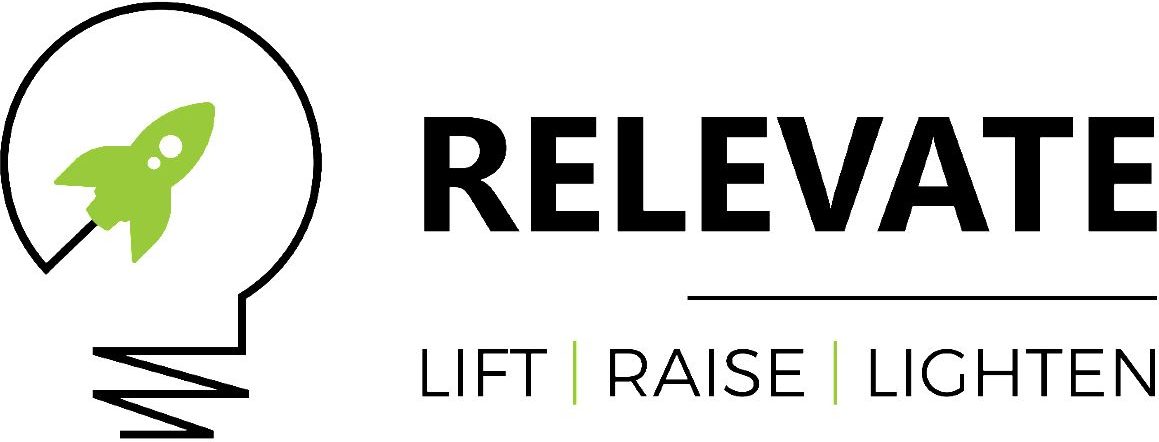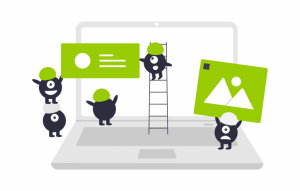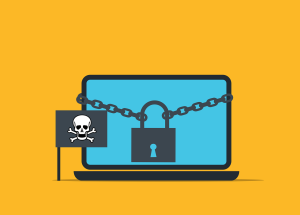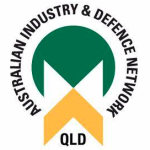What Is a Crm and Why Do You Need One?
In Today’s Podcast,
3 professionals come to together to talk about digital transformation and Customer Relationship Managing-system (CRM) also known as marketing automation and how to put them to work in your business. We talk about the strategies that you can put in place to make your business explode.
Everybody out there probably knows or have heard about CRM because it has been around for a while now. CRM has a deeper meaning than its acronym in means holding, analyzing and translating the information of the people you want to talk to in an intelligent and insightful way. This implies that CRM revolves around data analytics and being able to understand empirical ways to work out customer life cycles. So that you can build on it or break down its activities to executable roles and tasks.
CRM is your weapon to do what you have to do every single day especially closing a deals and forming lasting relationships. Its serves as a memory bank, an organizer that can reflect to the organisation and analyze your data, check your KPIs and know what you need to do in the next day.
Also, CRM is the ability to talk to people as though they were in front of you as a normal person or brand which encompasses employees and the way you are perceived online alongside your business. For instance, how you have customized your Facebook profile, your history and things you frequently share.
Also, there are different aspects of CRM including social CRM, mobile CRM where you are able to do it on your mobile phone and this works quite well. As you are able to convert sales and hit targets 60% of the time as opposed to 40% of the time in non-mobile optimized environments.
One good thing about CRM is that it creates a single version of the truth. As all the data input from different sources and gets consolidated into one database. It holds the information of the target customer and the organization as a brand, its such a phenomenal thing, its an equivalent of organizational memory.
Another aspect of CRM is organizational continuity in case an employee who knows all the information about the organization quits as the employer can retrieve customers information from the CRM and continue with business. CRM helps to personalize the experience of the people coming into the organization by understanding who they are, why they visit the organization and the choices and interactions they make. However, CRM is primarily the one collecting all the information and putting it into a database using automation instead of taking up staff time in data collection.
CRM adds value into business as well, it memorizes the activities of the buyers, who they are, what they are a likely to buy again and this information can be passed to other people in the organization, unlike when it was memorized by an individual. It also means that value is created for when the business is sold. New owners/staff can simply take over.
It is important to note that, more the 70% of businesses are yet to implement CRM and 95% of the business that implement CRM experience benefits. As research shows that data is the new currency when it comes to business, and when you are not teaching your staff how to count in the ‘new currency’ then your business will quickly go down. For years data has been referred to as ‘new oil’ and that is not far from the truth. As you look around everybody is talking about Artificial Intelligence (AI), Machine Learning (ML) being the way of the future.
Another aspect to check is the accuracy the data inputs. If you feed your database with wrong information regardless of the AI or ML it will be useless. Every lead must be generated from the top leads as many businesses are trying to have that collected automatically to avoid biases. Such as the amount of time people click on things, or the amount of people visiting your website or specific webpages which collectively amounts to a sales force. CRM saves your workforce and subsequent wages. It helps with workflow automation, lead management, analytics and more.
For coaching purposes, if you don’t have a CRM but have a team of sales agents. You will not be able to analyze how long they are on calls, what their close rates are and if any improvements can be made. CRM it’s able to link with your phone system, so once you incorporate into your phone systems you know lead capture time, phone call time. You know start times, you know how long certain deals take close, or how long it takes them to go wrong. How long it takes customers to move to a certain category, you can even record the conversation and used them for training purposes.
For startup business who have not advanced yet to do social media listening or phone systems you can start and still get some benefits of CRM, just not all the power in one hit. Just having a phone linked, a contact form or landing page but the information goes to an inbox and then the data can be analyzed to generate insightful leads. Some of the vital information to be collected should include email, phone number, first name. With Facebook messenger, some eCommerce store get to know who was near there physical stores and send a message with a discount code to get them to walk in and buy something.
The CRM will basically help you reduce your marketing cost, through marketing segmentation. This collectively can help a business to identify their actual customers and you get to know the potential customers to market to or target. But going back to the history of who you already got is a more effective way to tell you who is your real customers are and allows you to group them and segment the massaging you send them so that you can speak to them in different ways. Thus, you can arrange a conversation with one group and a different conversation with another group altogether.
Finally,
Once you collect the information about your customer audience, then you can segment them to either demographic, psychographic or other types of segmentation to know what makes them take a particular action. By knowing what makes them behave in a certain way. You can personalize the massaging on a one to one conversational scale. To achieve this, a business can analyze the purchases history of the individual customer to know whether they are gamers, athletes, footballers and create a voice that speaks to each customer at a deeper level.
CRM conversion rates are higher because resources spend more toward to most relevant customers that resonate more with the people. CRM goes beyond the era of mass customization to a much deeper personalized experience targeted at specific customers making the whole process cheaper and quicker. Some CRM software such as Hubspot or Zoho are free or cost-effective enough for you to start with.
Forms help you to capture information when the client is available, it can then automatically go into your CRM and commence another workflow.
